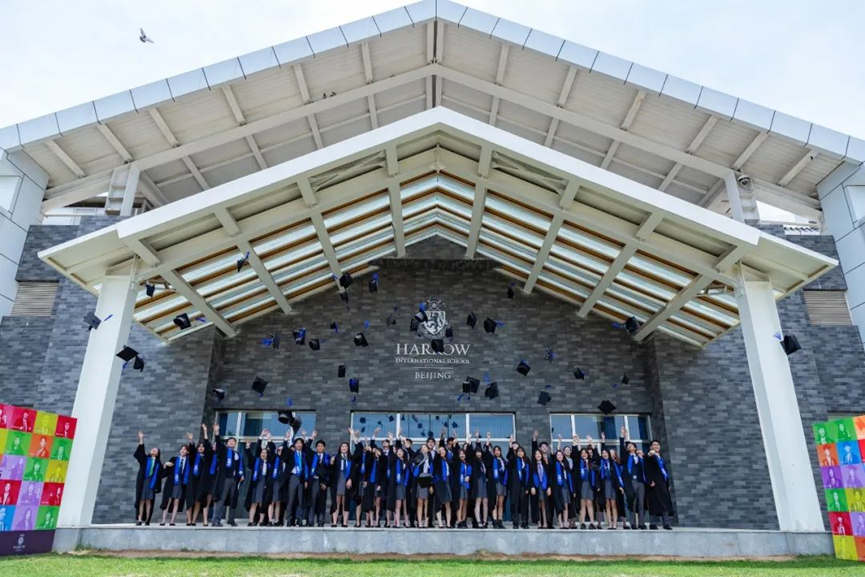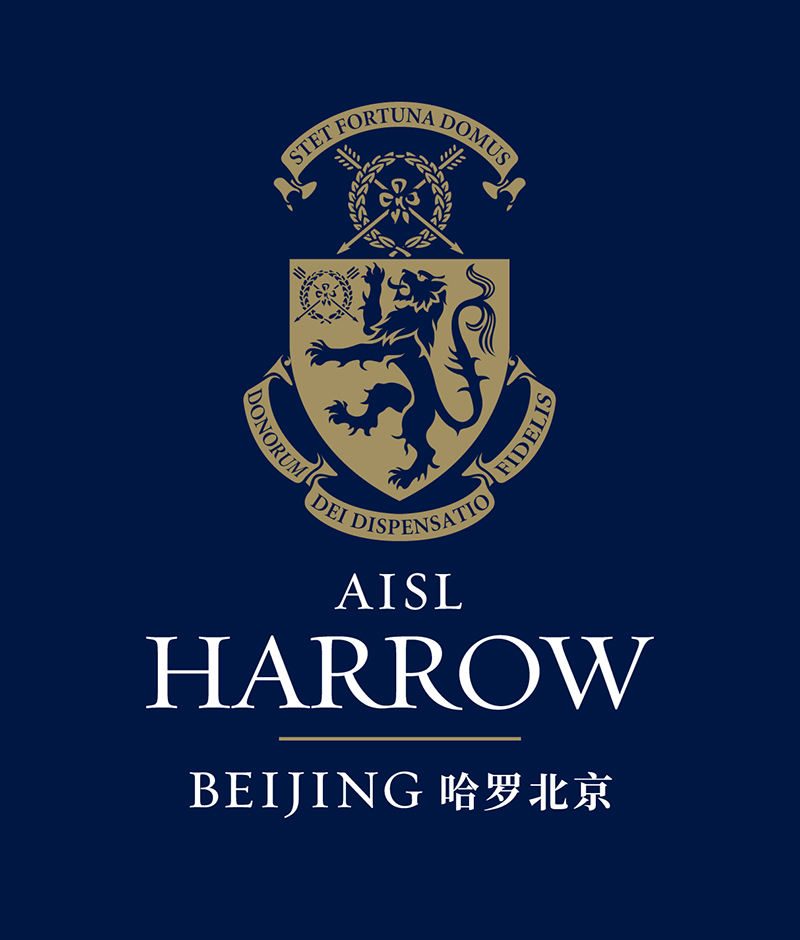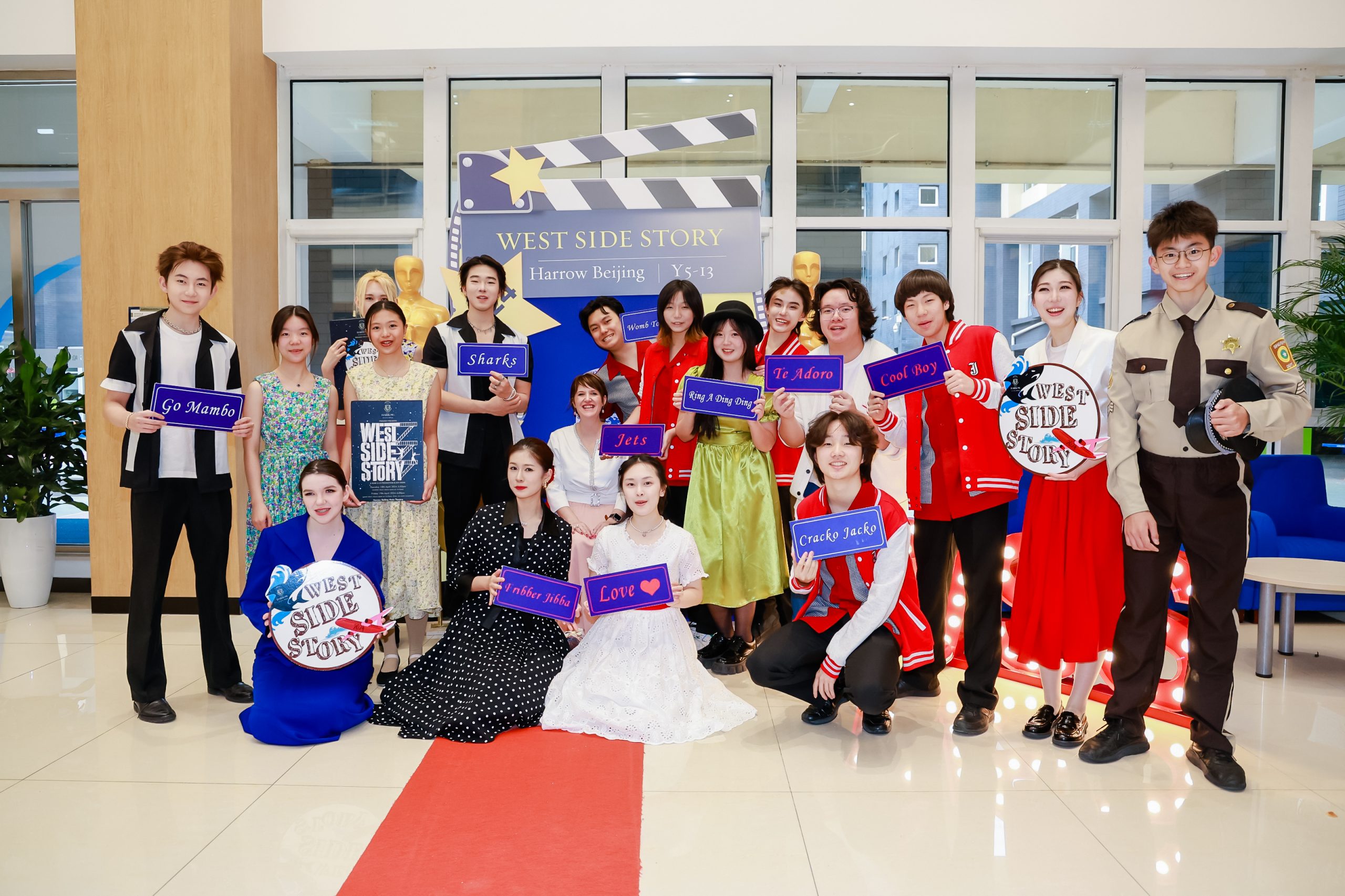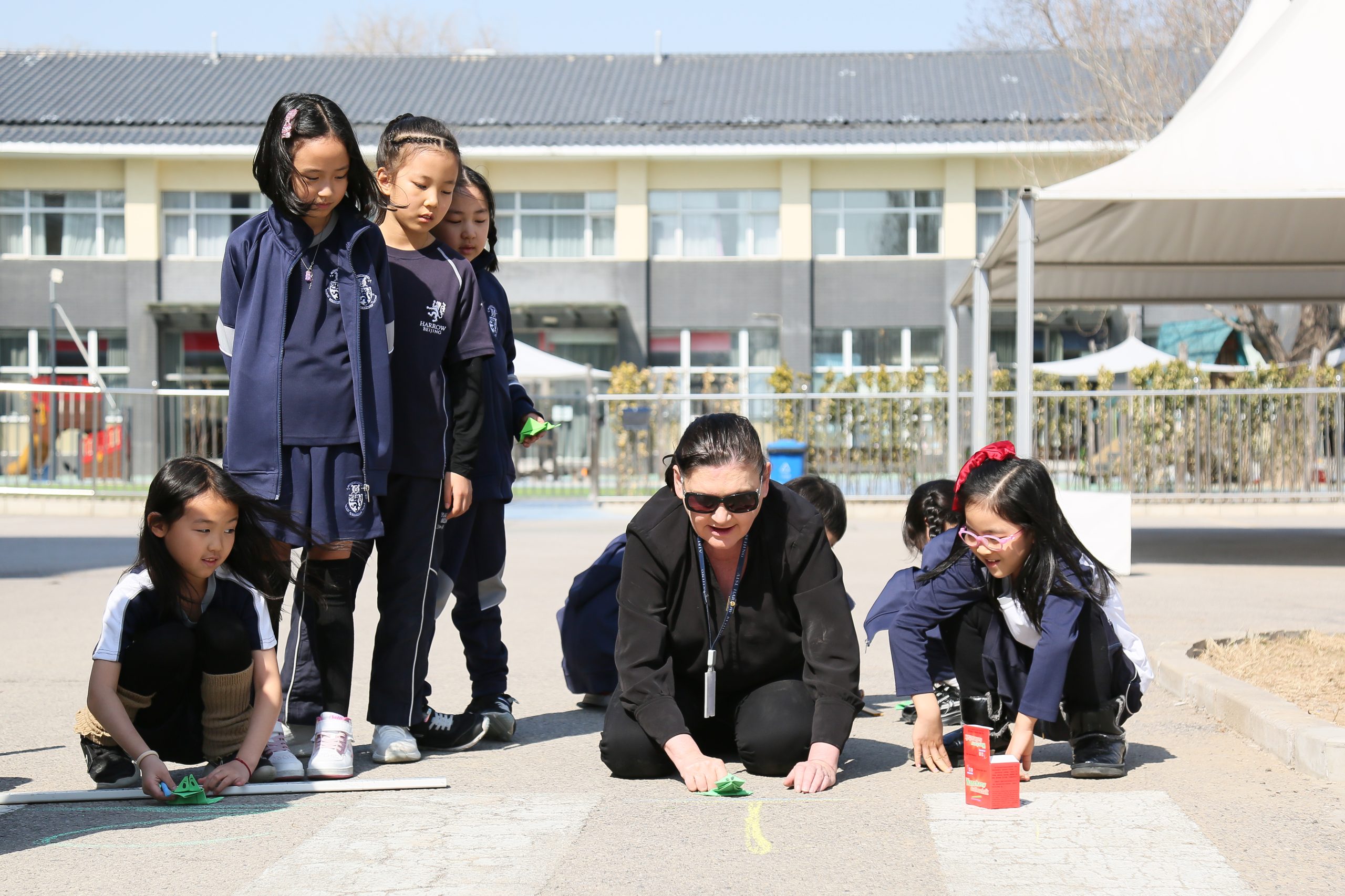Graduate’s Story
As one of the world’s top universities, the University of Oxford has extremely strict admission standards. It is widely recognised that applicants to Oxbridge need to go through an interview with a designated college in order to be accepted into the two oldest universities in the English-speaking world. As the number of applicants to Oxford has risen in recent years, the acceptance rate has fallen and the difficulty of getting an interview has increased. Year 13 Vovo N was invited to interview at St Anne’s College, Oriel College and Pembroke College, Oxford. After five rounds of interviews, he was finally offered a place at Oxford.

University of Oxford, Chemistry
‘The interview is a great challenge for every student applying to University of Oxford. I tried to relax during the interviews and regarded them as opportunities to communicate with the professors. Harrow Beijing has provided me with several mock interviews to help me prepare. I think the mock interview with Dr. Gabb and Mr. Byrne helped me a lot ,’ Vovo said.
Compared to top US universities, Oxbridge puts more emphasis on applicants’ depth of understanding of their major.
Vovo shared some of his insights into Chemistry as well as the broader discipline of natural science. ‘Many people hold with the stereotype that Chemistry is not particularly math-oriented. They might think that it’s not a typical science subject. I think that is completely wrong and I perceive Chemistry as a very experimental and theoretical discipline. The more advanced parts of Chemistry are tightly linked with Mathematics, for example, the branch of Computational Chemistry requires expertise in maths and programming. In the field of natural sciences, Physics can be used to describe facts objectively, Biology is a larger and more convoluted subject, whereas Chemistry, I have always regarded it as an art. Using Physics to do Chemistry might be accurate but would kill creativity and invention. There are many overlaps between the field of Physics and Chemistry, but each subject has distinct focuses and values and I like those of chemistry more,’ Vovo shared.
Vovo also published a paper titled “A View on electrochemical methods of Determining β- Blockers by Utilizing Carbon-Based Electrodes”, which has been accepted by the 2nd International Conference on Materials Chemistry and Environmental Engineering (CONF-MCEE 2022). It will be published in conference proceedings and submitted to Engineering Village (EI Inspec), Scopus, Conference Proceedings Citation Index (CPCI), and other databases for indexing.
In the Six Form students study A-Levels. Students study 3 or 4 subjects which they currently choose from the following: Art and Design, Biology, Business Studies, Chemistry, Design and Technology, Drama and Theatre Studies, Economics, English Language & Literature, Geography, History, Mathematics, Further Mathematics, Media Studies, Music, Psychology, Spanish, Physics and Computing. Compared with other international curriculum systems, A-Levels provide more professional and in-depth knowledge, which can better connected with university courses.
Vovo chose Chemistry, Physics and Further Mathematics for his A-Level courses, which enabled him to focus more on the fields he was interested in and to gain a deep understanding of the subject knowledge, thus standing out from the other University of Oxford applicants.
Vovo also shared how he utilized the resources in and out of Harrow Beijing to delve deep into Chemistry:
‘I read some college-level textbooks, such as Organic Chemistry by Jonathan Clayden, A Guidebook to Mechanism in Organic Chemistry by Peter Sykes, and Physical Chemistry by Peter Atkins. This allowed me to have a deeper understanding of some chemical concepts and made my thinking more flexible. I also read research papers on natural science and philosophy to broaden my horizons. Teachers at Harrow were very happy to answer the questions I had on the college-level textbooks. I also took part in the Chemistry Club LSA, where the teacher would instruct us to do some chemistry experiments,’ Vovo said.

Harrow Beijing has a strong science teaching team, which not only teaches students subject knowledge, but also pays more attention to the cultivation of relevant skills, and helps students develop initiative, independence and cooperative spirit in learning. Every year many Harrow Beijing graduates are admitted to Ivy League universities in the US or Russell Group universities in the UK to study science-related subjects such as electrical engineering, chemistry, astrophysics or medicine.
‘I really like the vibe and atmosphere at Harrow Beijing. I feel relaxed and enjoy learning at school with congenial friends,’ Vovo mentioned.
Harrow Beijing’s core values of courage, honor, humility and fellowship are embedded in every day of teaching and are deeply rooted in every Harrovian. Our students will encounter good mentors and friends at Harrow Beijing and these will become a more valuable asset in the future.
Vovo advised younger Harrow students to figure out their area of interest and determine the major they would like to pursue in college sooner rather than later. He hopes they can maintain their hunger for knowledge.

Join us to meet with academic staff, visit our outstanding facilities, interact with current pupils and individual consultation with our admissions team.

 360° TOUR
360° TOUR 









